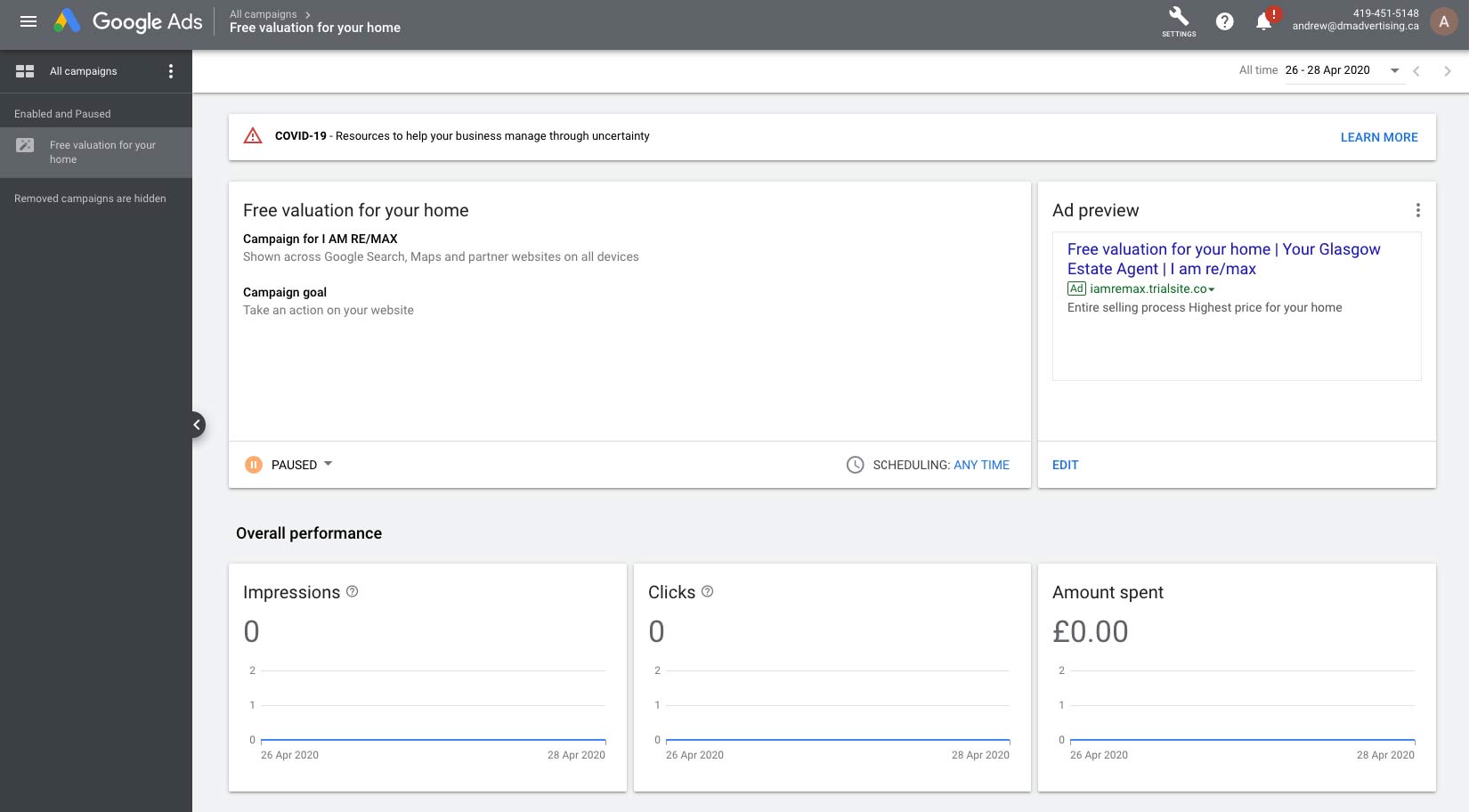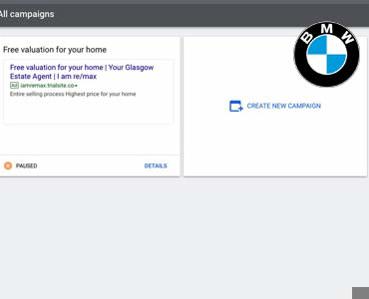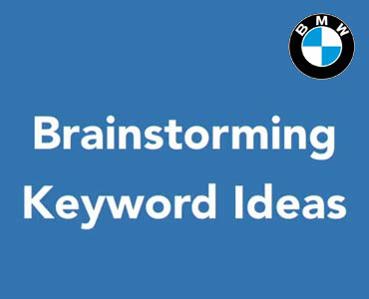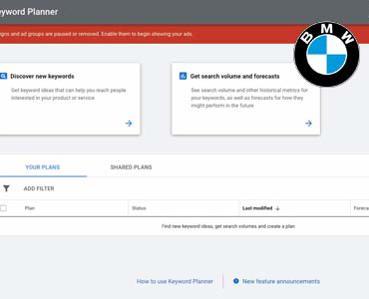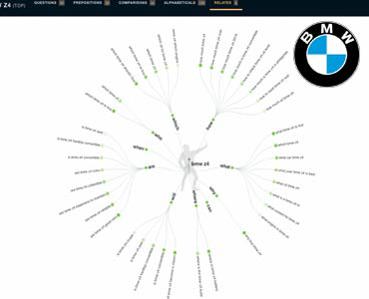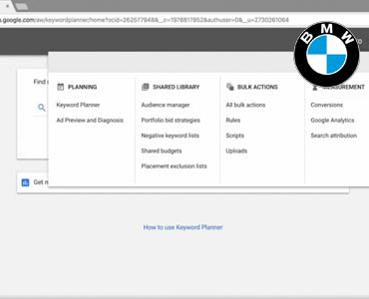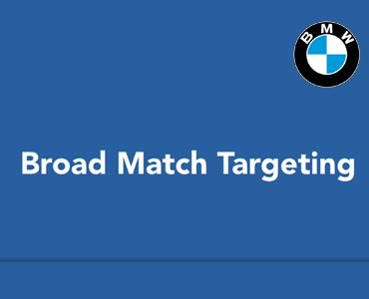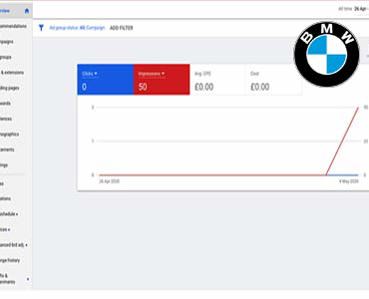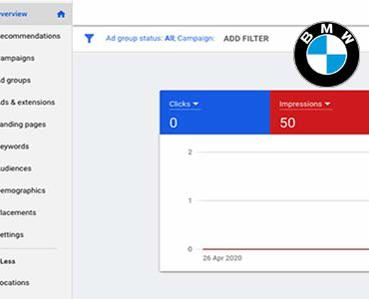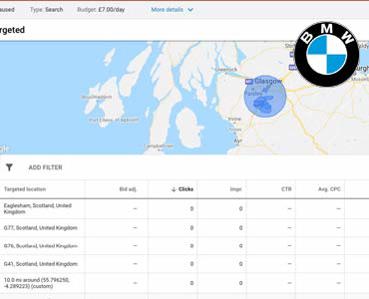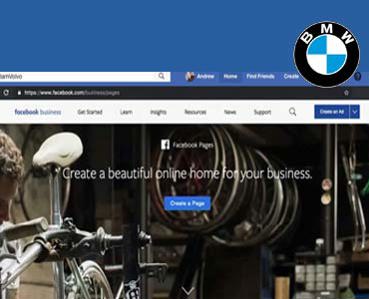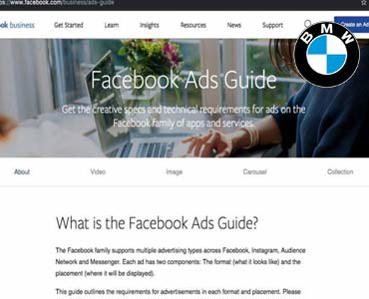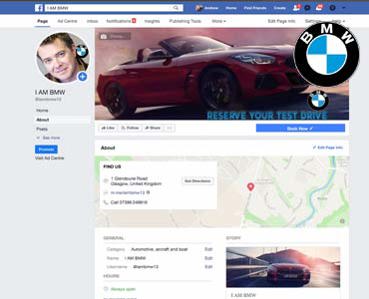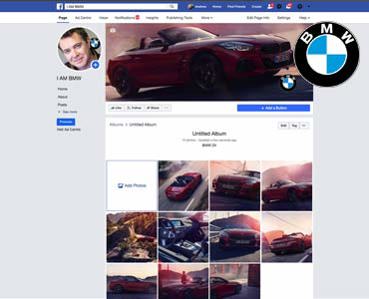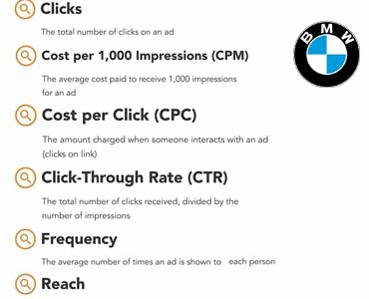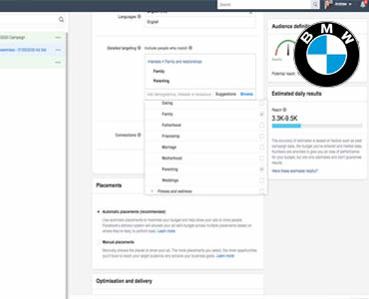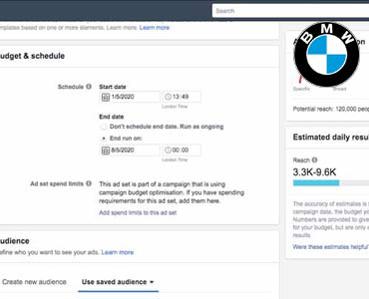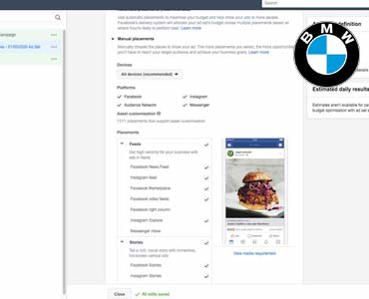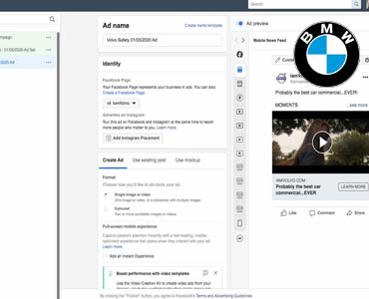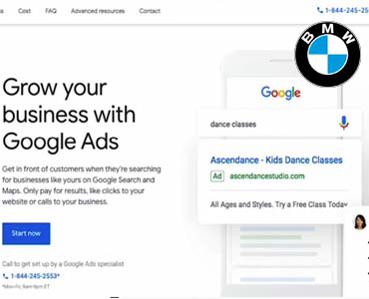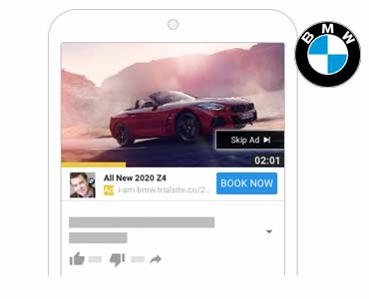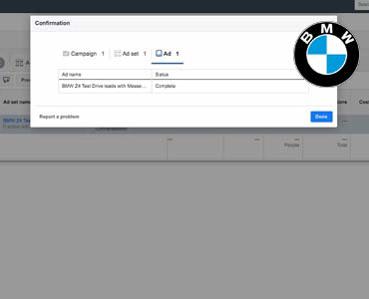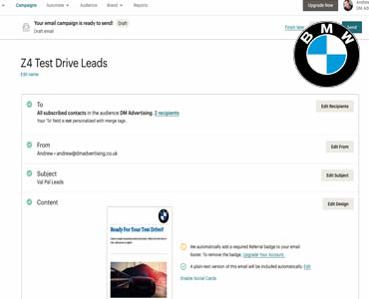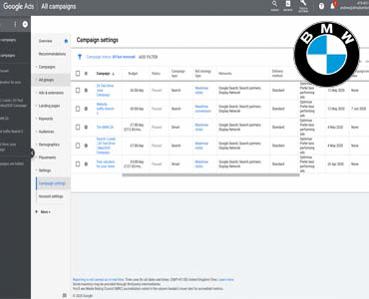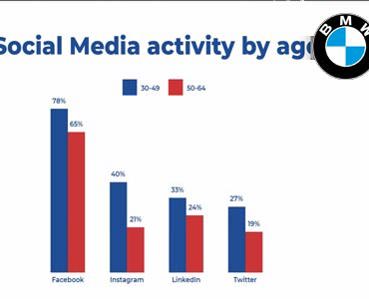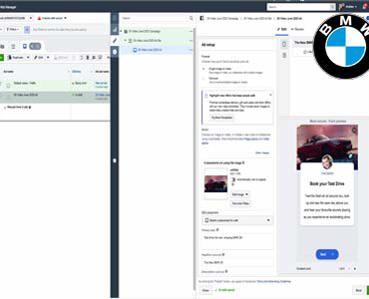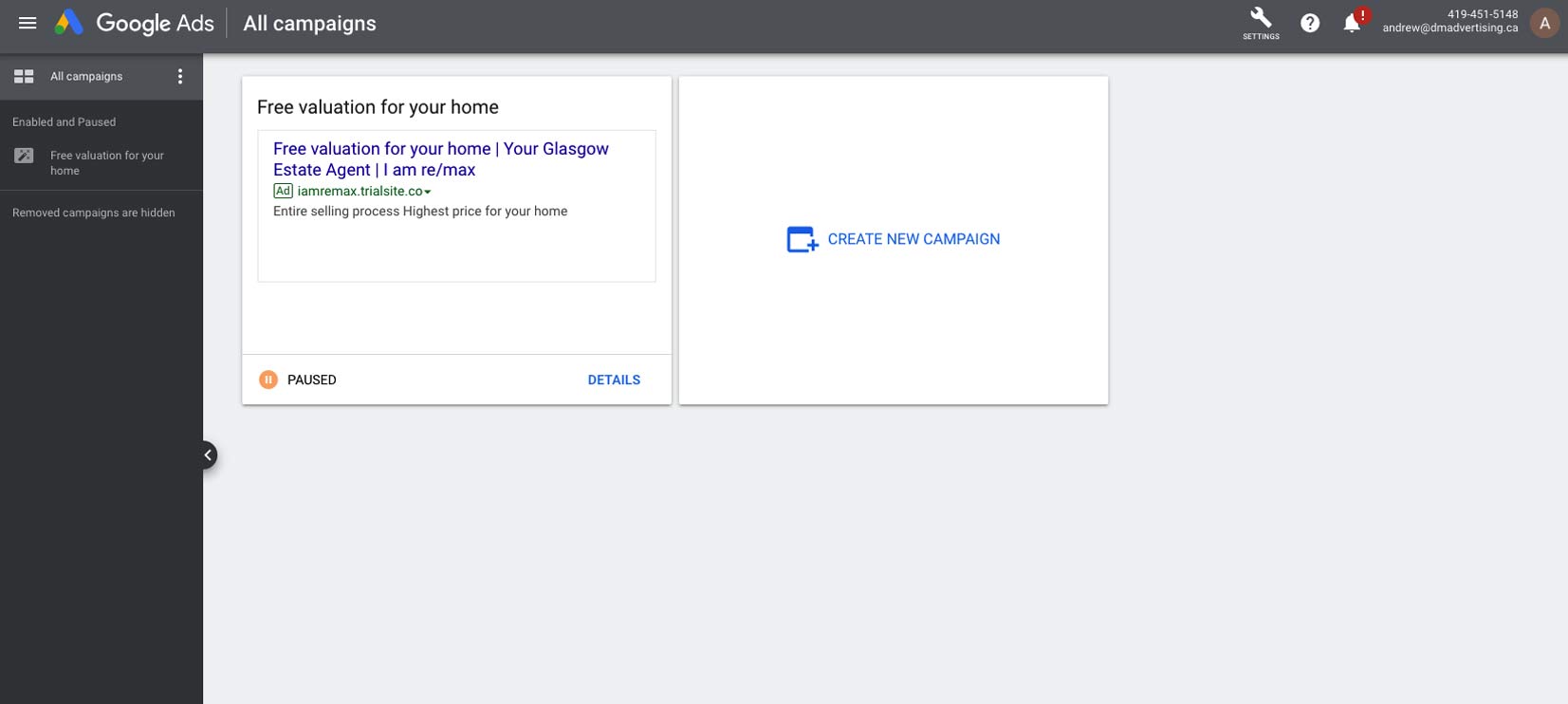
How keywords work
The majority of your advertising will use keywords as the primary method for attracting customers. So before we start talking about building our first campaign, we need to talk about keywords. Keywords are words or phrases that are used to match your ads with the terms people are searching for. These will be the true foundation of your campaigns. So selecting high-quality, relevant keywords for your advertising campaigns can help you reach the customers you want when you want to reach them. Having the right keywords in your campaigns can be the difference between a profitable campaign and one that just wastes your money. One of the biggest mistakes is assuming that keywords that mean roughly the same thing will perform the same. Let's say you're in the pre-owned vehicles business. That's the term you use when presenting yourself to customers and in your advertising. But let's be real, the general public doesn't talk about buying a pre-owned vehicle. We don't go to Google looking for a pre-owned vehicle. No, what do we call it? Used cars. We instead search for used cars for sale or used car dealerships. On paper, these keywords seem synonymous, but they're not. The keyword pre-owned vehicles is not the same keyword as used cars. There are about 600,000 searches on the term used cars every month, and only 1,000 searches on the term pre-owned vehicles. As you can see, there's a huge advantage to using the language that your customers are already using. The airline industry is another great example. They might discuss low fares; but in reality, customers are talking about cheap flights. Here, we can see that cheap flights brings in four million searches a month; low fares, a measly 2,000. And this brings me to an important point. As you go about researching keywords, it's essential that you speak the language of your customer.The best advertising is specific. Instead of pushing our message to the masses, we want to push our ads out to those very specific people that we know who are interested in what we have to offer. We need to know what our customers are actually calling our products and services. This is going to tell us what terms are being entered into the Google search engine. If we don't do this, no matter how brilliant our ads are, they'll never get displayed and will never reach our audience. For each ad group, you're going to be identifying a list of keywords. Remember, ad groups are theme-based, so your keywords will be very specific to that theme. There are four tips that you can reference as you begin your keyword planning. The first is to think like a customer. Imagine what your customers are going to search for. These are the terms that you're going to use. Think of specific search words for each category of product that you have available, and use your persona exercises to get in your customer's head. Remember, you want to know how they're thinking about your product. It's not pre-owned vehicles, it's used cars. The second tip is to organize by theme. Group all of your keywords into themes. And as you look at that of themes, see if you can break them into subthemes. Again, the more thematic, the more grouped things are, the better your results are going to be. So if your ad group was, say, for men's boots, you would have themed keywords. Could be men's rain boots, men's work boots, men's motorcycle boots, men's fashion boots, and so on. In fact, you might even find yourself grouping those into their own themes. Work boots might have its own subcategories. And in that case, you could continue developing ad groups that have even more specific keyword themes. The third tip, as I continue to say, be specific. A generalized keyword is going to get you irrelevant matches. Boots would be sort of a bad keyword in general because it has no context. People that are typing in boots might be looking for boots for their car, boots for their dog, boots for themselves. There are many types of boots available. It's better to be specific and get about five to 20 keywords per ad group. And finally, the fourth tip, use the Keyword Planner. The Keyword Planner is a workshop for coming up with new ideas for effective keywords. I cannot stress the importance of this tool enough. Take the time to put all of your keywords through it before moving them into your campaigns. And most importantly, take your time. Keywords are one of the most important elements in your AdWords process.
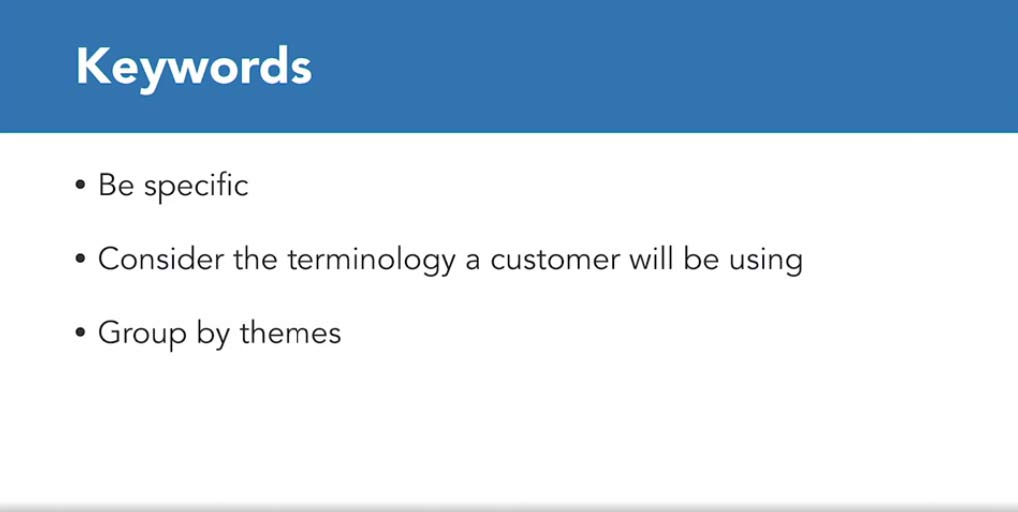
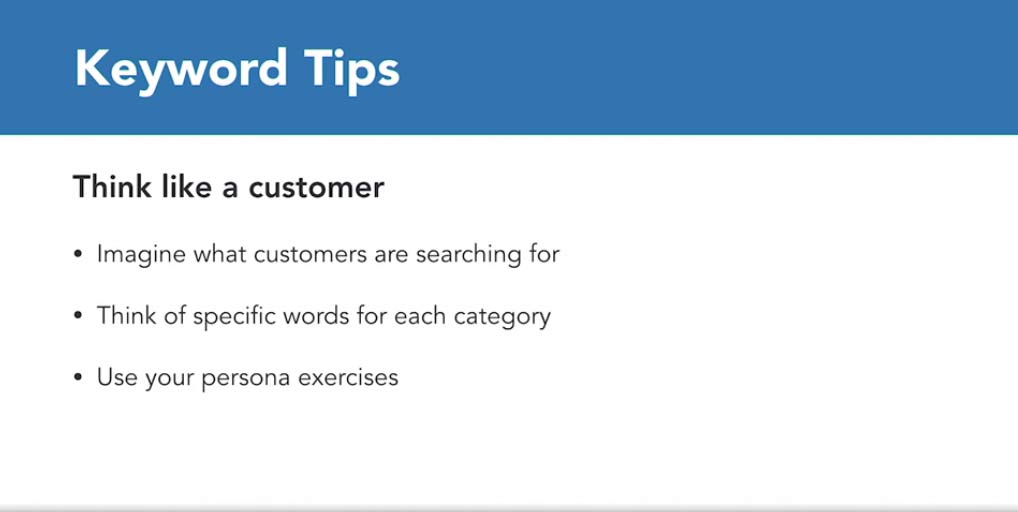
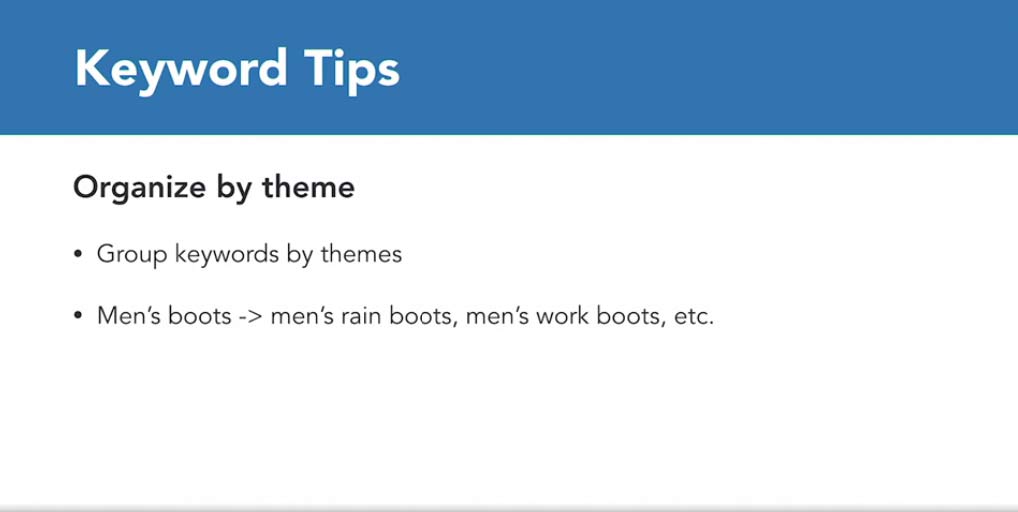
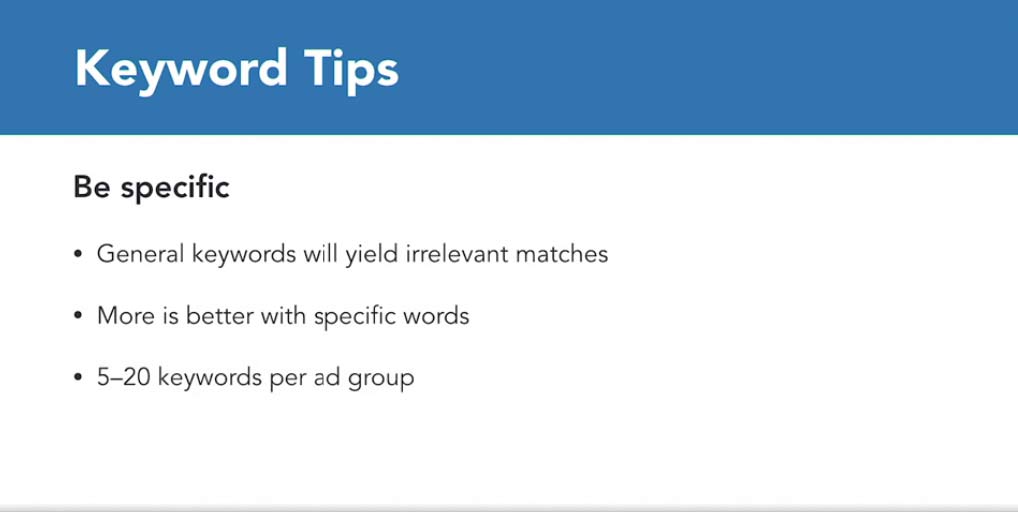
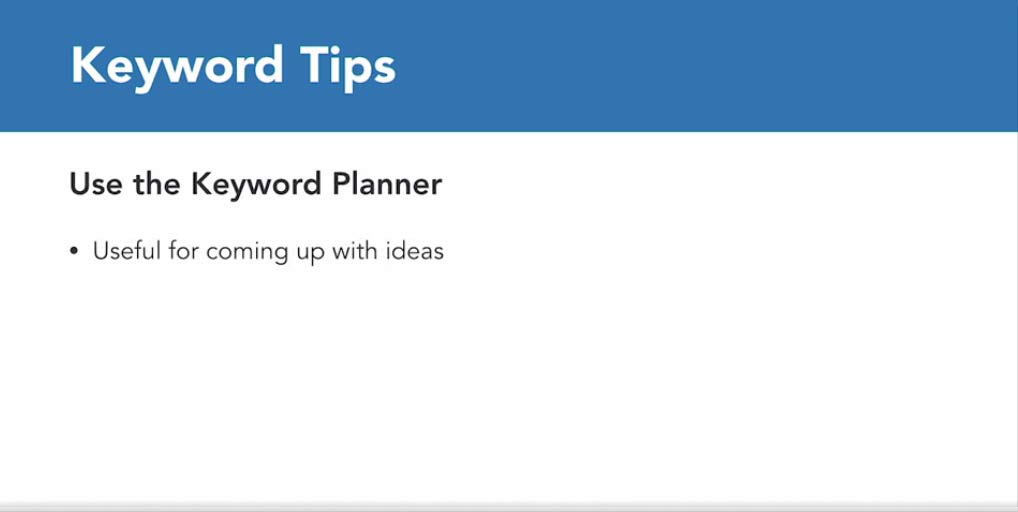
GOOGLE ADWORDS
